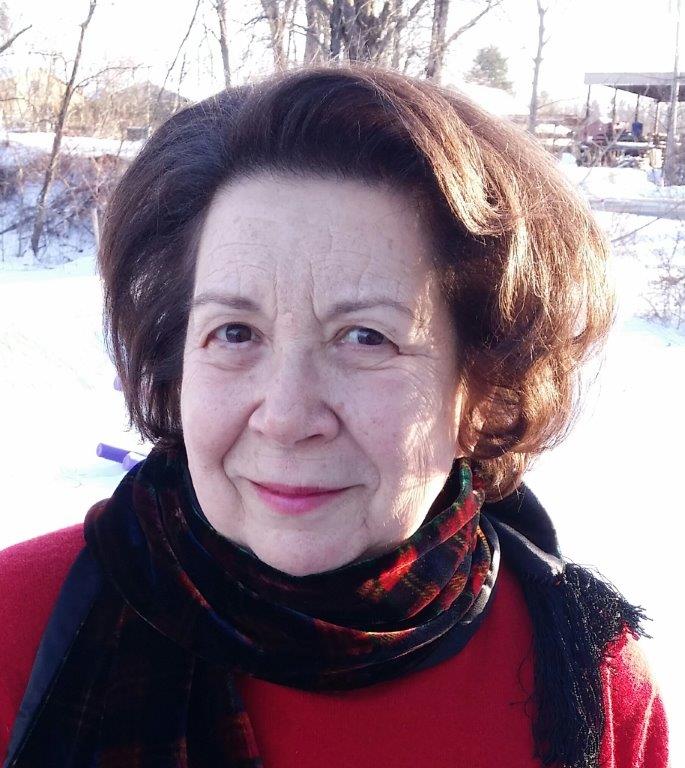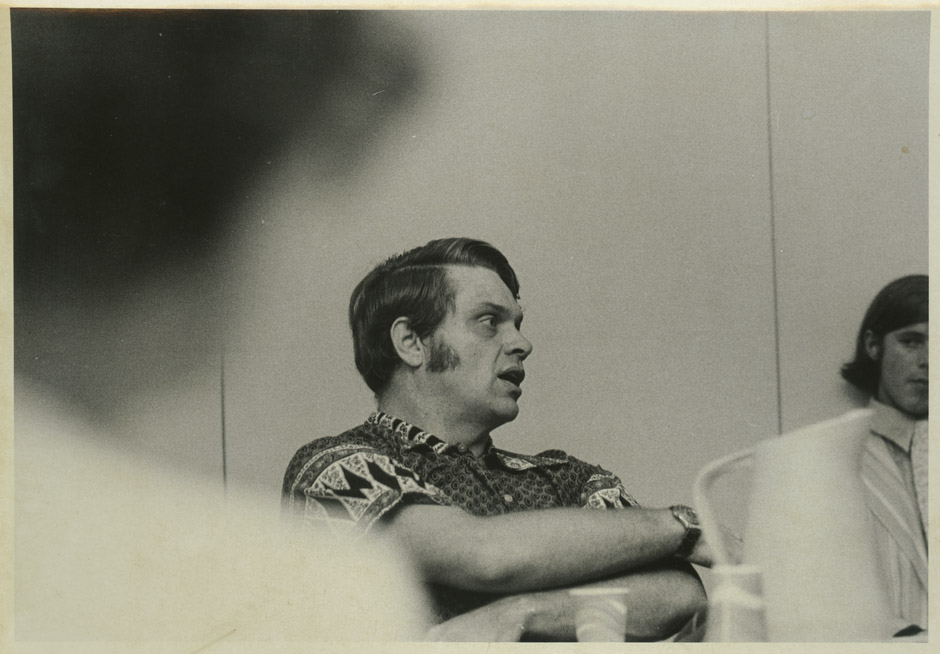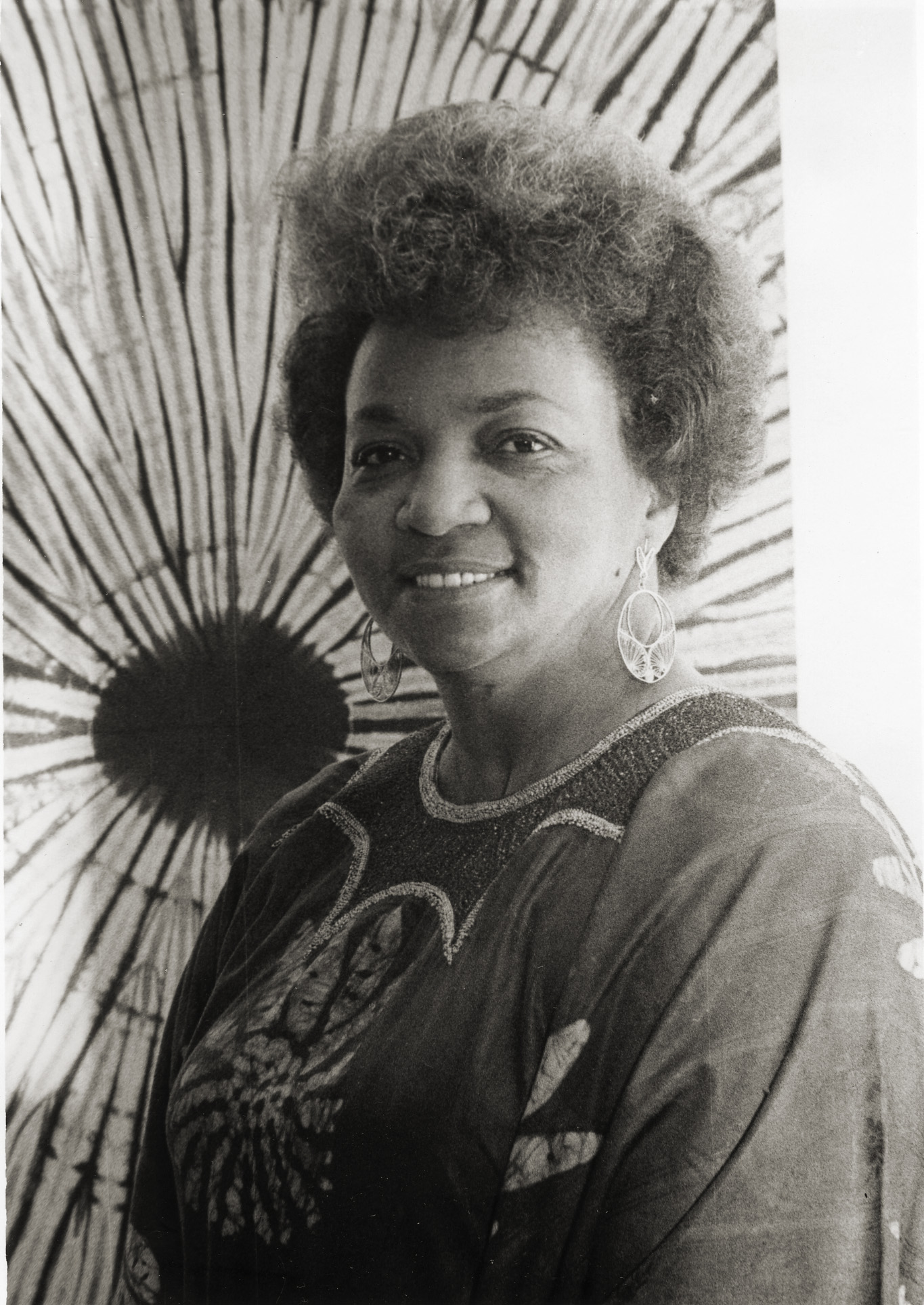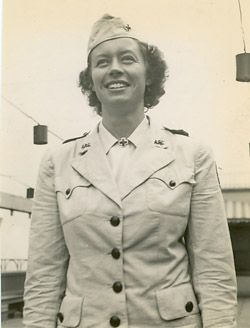Maurianne Adams Papers

Maurianne Adams was one of the pioneers in social justice education at UMass Amherst. Arriving at the university in 1973 as Coordinator of Academic Affairs for Project 10, the experimental residential education program in the Southwest Residential Area, she developed an elective curriculum focused on racism, sexism, heterosexism, classism, and ableism. When that project was ended in 1982, she took her ideas to the School of Education, where she became the Director for Social Issues and Instructional Development for Residential Academic Programs (RAP). Over the next several years, she and her colleagues developed one of the first general education diversity courses and she became part of the founding faculty for the graduate program in Social Justice Education. Since her retirement in 2015, she has remained active in promoting social justice activities working with the Coalition of Amherst Neighborhoods (CAN) and the Amherst Community Land Trust, which provides opportunities for affordable homeownership.
The Maurianne Adams Papers document a career committed to teaching, learning, and writing about diversity and equality on this campus and in the residential neighborhoods nearby. The papers offer an important perspective on the emergence of social justice courses in the General Education Program and the formation of the Social Justice Education Program within the College of Education, and given the extensive collaboration among social justice education faculty, it includes materials from several of Adams’ colleagues. The collection includes early drafts of curricula; course and workshop materials on diversity, inclusive teaching, religious oppression, anti-Semitism, and classism; and materials relating to grants to support her efforts.





